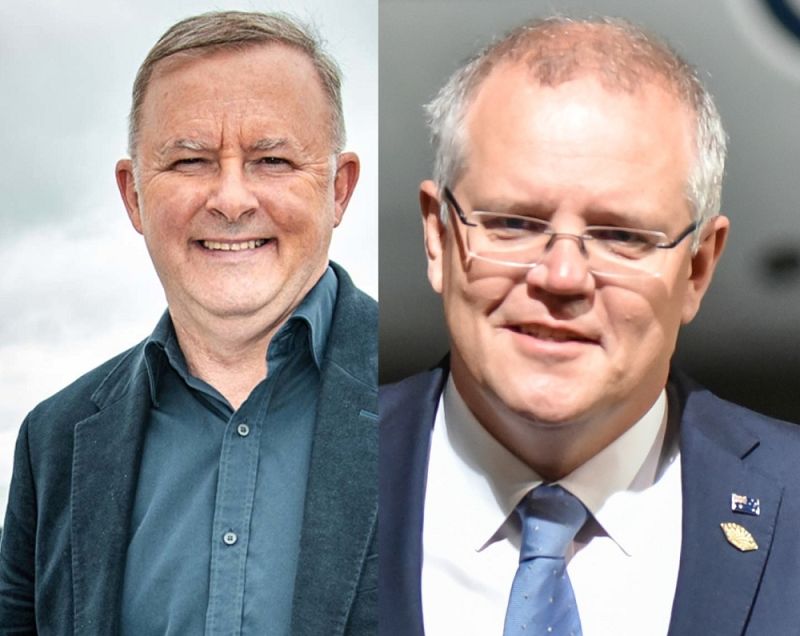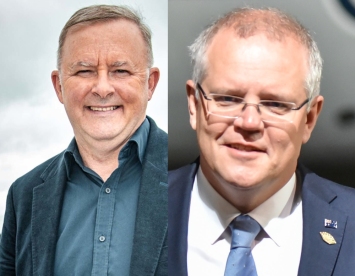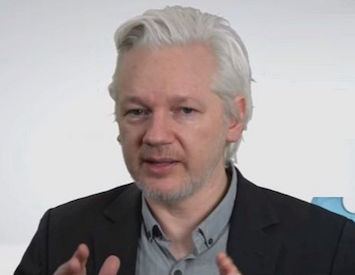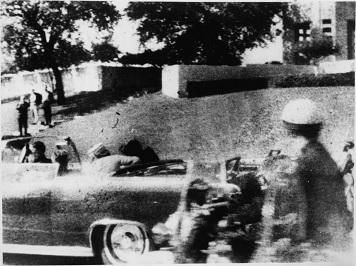One of the most disturbing features of contemporary politics is the almost complete absence of any difference in the foreign policy of the Coalition and Labor parties.
It was not always so. The Whitlam Government of 1972-75 tried very hard to demonstrate a foreign policy that distinguished them from that of the Coalition.
The most obvious symptom of this independence was that Australia recognised the People’s Republic of China (PRC) as the legitimate ruler of China, and the one entitled to hold China’s seat on the United Nations Security Council. The decision was not popular with the Liberal-Country Coalition (as it was then called) whose leader Billy Sneddon, until 21 March 1975, bitterly opposed the Labor move.
Unfortunately for Sneddon, the Americans were also in discussions with the PRC. The United States President Richard Nixon was engaged in secret discussions with the PRC but omitted to tell Sneddon, who was completely blindsided by the American move.
The PRC was admitted to the United Nations on 15 November 1971 under Resolution 2758.
Australia was one of 35 countries that had opposed the resolution, along with the United States, most of South America and a selection of African countries.
The dismissal of the Whitlam Government in what may be described as an extraordinary action by the then-Governor General Sir John Kerr in November 1975 when he dismissed the Whitlam government and what amounted to a coup d’état.
Evidence has since emerged that the dismissal was organised by both the United States and United Kingdom governments.
It marked the effective end of any semblance of an independent Australian foreign policy.
There have been four Labor prime ministers since 1975: Bob Hawke, Paul Keating, Kevin Rudd and Julia Gillard. In terms of an independent foreign policy, they all had what can be described as a mixed record.
Recent revelations have shown that Hawke maintained a close and secret relationship with the United States. Hawke followed the Australian tradition of unnecessary involvement in United States wars.
He joined the U.S. in the first war against Saddam Hussein, committing Australian forces to the invasion of Kuwait in 1990 to force Iraq’s retreat from their occupation of that country.
Keating’s record is clear of committing to United States wars of choice. In recent years, he has become a stauncher advocate of an independent Australian foreign policy. It is symptomatic of the present state of the Australian Labor Party that they have been among the staunchest critics of his views on having independence and foreign policy choices.
This was most recently apparent with his publicly expressed view (which received almost no Labor Party support) that in the event of a war over Taiwan Australia should keep well away from any involvement.
Liberal Prime Minister John Howard followed the Australian tradition of involvement in United States wars. He was a fervent supporter of both the second United States-led war against Iraq in 2003.
Howard was also an enthusiastic supporter of the United States war against Afghanistan, which began in late 2001 and only ended last year, with still unresolved issues about the treatment of the Afghans who supported us during the war.
Both Rudd and Gillard have the unedifying record of supporting the United States invasion and occupation of Afghanistan. That invasion commenced in late 2001, ostensibly because Afghanistan was sheltering Osama bin Laden. They captured and killed bin Laden in a compound in Abbottabad, Pakistan in May 2011. His body was buried at sea.
There was nothing so old-fashioned as a trial for bin Laden, with evidence proven beyond reasonable doubt. That is not the modern United States style, as the killing of Iranian General Qassem Soleimani on the orders of former U.S. President Donald Trump shows.
That this blatant murder has gone unpunished is a measure of how far standards have fallen since the principles established in the Nuremberg trials following World War II were completed.
Now it seems that the United States Army is entirely unaccountable for the multiple murders it carries out on a daily basis. The silent acquiescence of Australia in this lawlessness is a particularly disquieting feature.
As noted, it was Liberal Prime Minister John Howard who eagerly committed Australian troops to fight in the United States war against Afghanistan. There were however, no moves by his Labor successors, Rudd and Gillard, to extract Australia from that illustration of United States imperialism.
That the United States and Australia remained in the war for 20 years before the unedifying and desperate scramble to leave in mid-2021.
It is a measure of how much Australia has become a mere appendage of the United States war machine that one will search in vain for Parliamentary records of Australia’s longest war being debated in the House of Representatives, let alone opposed by the grossly misnamed “Opposition”.
The time in power of the present Prime Minister Scott Morrison has seen an unprecedented unravelling of Australia’s relationship with China. It is now well over two years since an Australian minister has been welcomed in Beijing. One looks in vain for any statements from the Labor Party, likely to be the next government after the Federal Election to be held shortly, about repairing that fractured relationship.
Australia has lost tens of billions of dollars in its trading with China. One of the bitter ironies of the loss of trade, caused in no small measure by Morrison badmouthing the Chinese on behalf of his American bosses, is that much of the lost Australian trade with China has been picked up by its American “allies”.
It is a fact of no small importance that our mainstream media seems remarkably reluctant to publicise.
For those of us who cannot wait to see the back of this miserable apology of a government, the prospect of a Labor victory should be a cause for rejoicing. Unfortunately, a repeat of the Rudd and Gillard years of acquiescence to whatever disasters the United States chooses next to inflict upon the world seems all too likely a prospect.
James O'Neill is a former academic and has practised as a barrister since 1984. He writes on geopolitical issues, with a special emphasis on international law and human rights.
Related Articles
 This work is licensed under a Creative Commons Attribution-NonCommercial-NoDerivs 3.0 Australia License
This work is licensed under a Creative Commons Attribution-NonCommercial-NoDerivs 3.0 Australia License
Support independent journalism Subscribe to IA.















